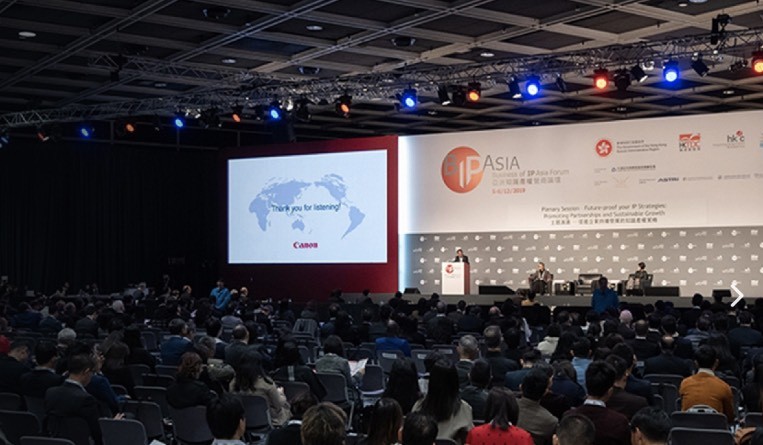BIP Asia: Philippines to create an efficient, inclusive IP rights system
02 December 2022

The Philippines will continue intensifying efforts to create not only an efficient and inclusive IP rights system but also an IP regime that is responsive to emerging challenges.
This was according to Rowel Barba, chair of the ASEAN Working Group on Intellectual Property Cooperation (AWGIPC) and who is also director general of the Intellectual Property Office of the Philippines (IPOPHL). Barba laid out the groundwork for strengthening enforcement for the fourth industrial revolution during the 12th Business of IP Asia Forum held at the Hong Kong Convention and Exhibition Centre on December 1 and 2, 2022.
“While ASEAN’s vibrant digital economy and innovative potential are part of what’s making it a strongly attractive destination for the tech businesses of the future, we also know that the digital space is met with complex and uncertain challenges in counterfeiting, piracy and other IP violations,” he said in his speech. “These new events require tighter coordination among ASEAN member states. We are making this stronger collaboration happen as the Philippines also chairs the ASEAN Network of IP Enforcement Experts or ANIEE, which aims to strengthen IP enforcement in the region.”
He added, “Under our newly upgraded ASEAN IP Rights Action Plan 2.0, the AWGIPC aims to develop an information exchange for online enforcement and ASEAN guidelines on enforcement against online infringement. These new efforts also fulfill one of the recommendations of the Consolidated Strategy on the Fourth Industrial Revolution for ASEAN, which was adopted during the 38th and 39th ASEAN Summits. Under this strategy, one of the prerequisites to see societies digitally transform in the medium-term is the development of effective and harmonized policies and regulations that enable cross-border enforcement and mitigate implications from potential IP infringements. ANIEE has been working closely with enforcement authorities across ASEAN member states to increase their capacities in disrupting counterfeit trade and online piracy.”
The sophistication of imitation methods today is one of the new issues with counterfeiting. Therefore, collaborating with the private sector and sharing information would enable the early detection of fake goods. In the case of piracy, given the cross-border nature of these activities, coordination among member states is a must.
Barba said: “We are also encouraging ASEAN members to adopt an e-commerce memorandum of understanding (MOU) between brand owners and e-commerce platforms to establish best practices in taking down IP rights-infringing posts online. The e-commerce MOU in the Philippines, which IPOPHL helps implement, has led to increased takedowns of IP rights-offending posts and activities in e-commerce platforms. Our MOU, has also been cited by the Transnational Alliance to Combat Illicit Trade as a best practice in cultivating trust online and deterring illicit trade for alcohol in the ASEAN region.”
The AWGIPC is executing the AIM strategy, which stands for Accelerate, Intensify, and Modernize, according to Barba, to realize its vision of an effective, inclusive, and responsive IP regime in ASEAN.
“The AWGIPC is Accelerating the completion of deliverables; Intensifying coordination and collaboration to resolve bottlenecks to our goals; and Modernizing processes of IP Offices in ASEAN to increase the efficiency of their services,” he expressed. “With our ACTS strategy, the AWGIPC hopes to complete 75% of the 57 deliverables under the ASEAN IP Rights Action Plan by March 2023 and, through supporting IP creation, protection and commercialization, the AWGIPC can help drive ASEAN build a brighter, more innovative and creative future for its people and the world.”
– Excel V. Dyquiangco






